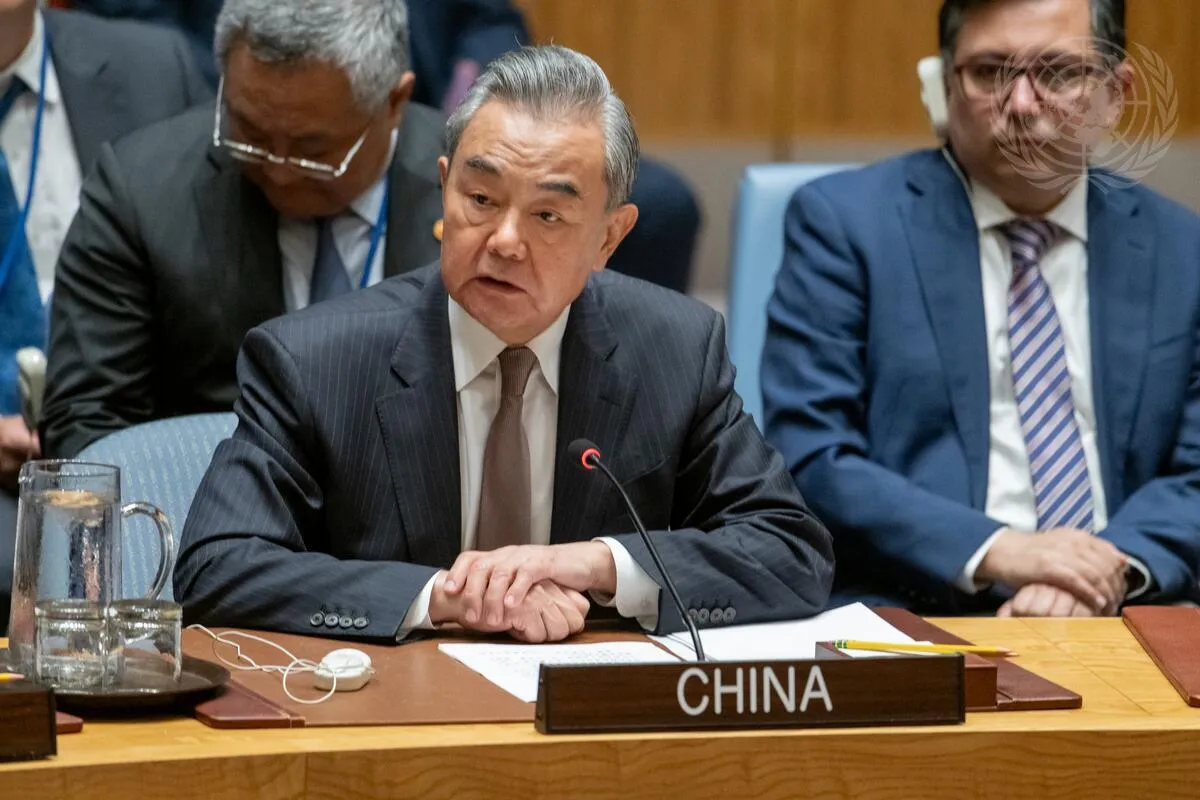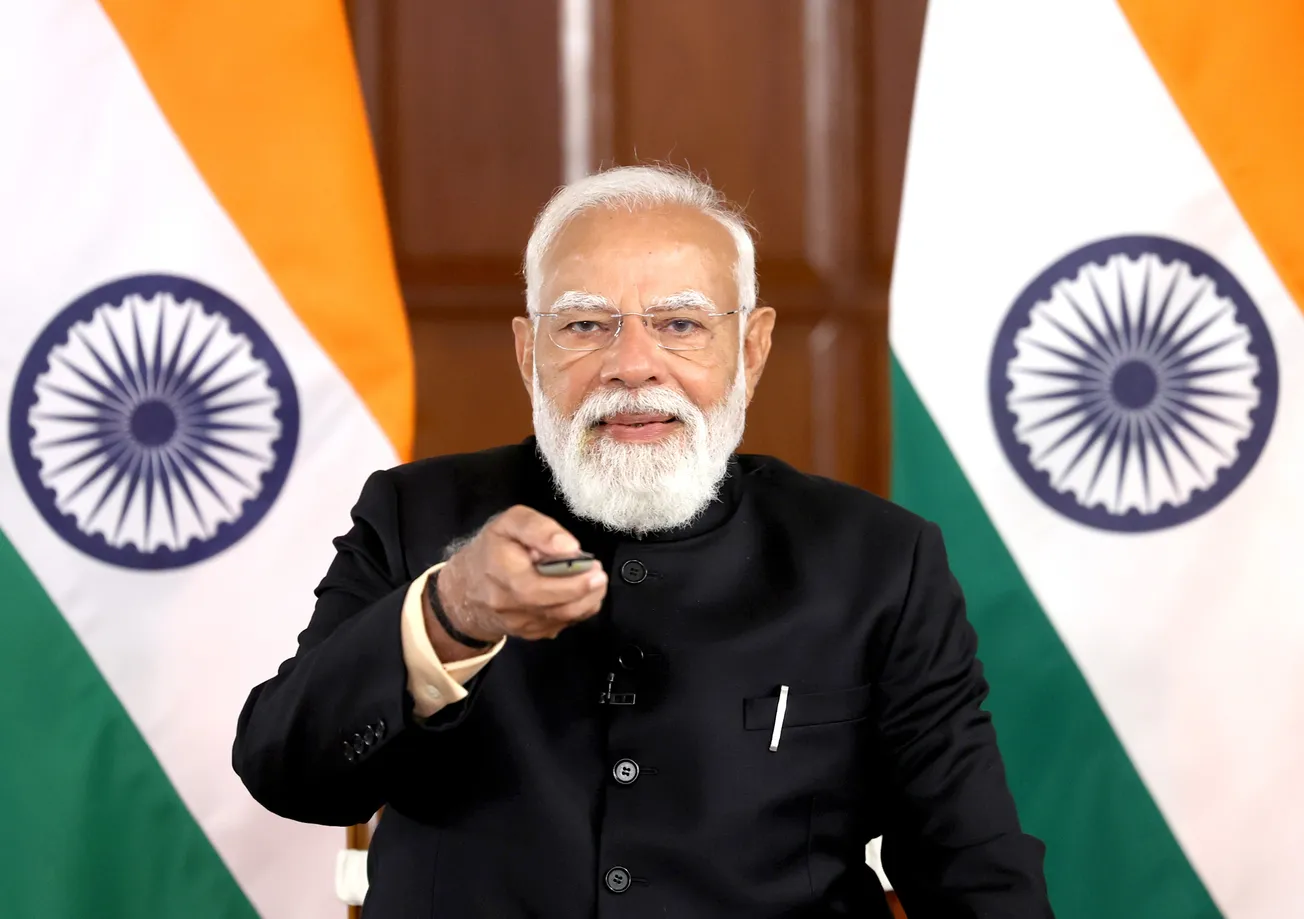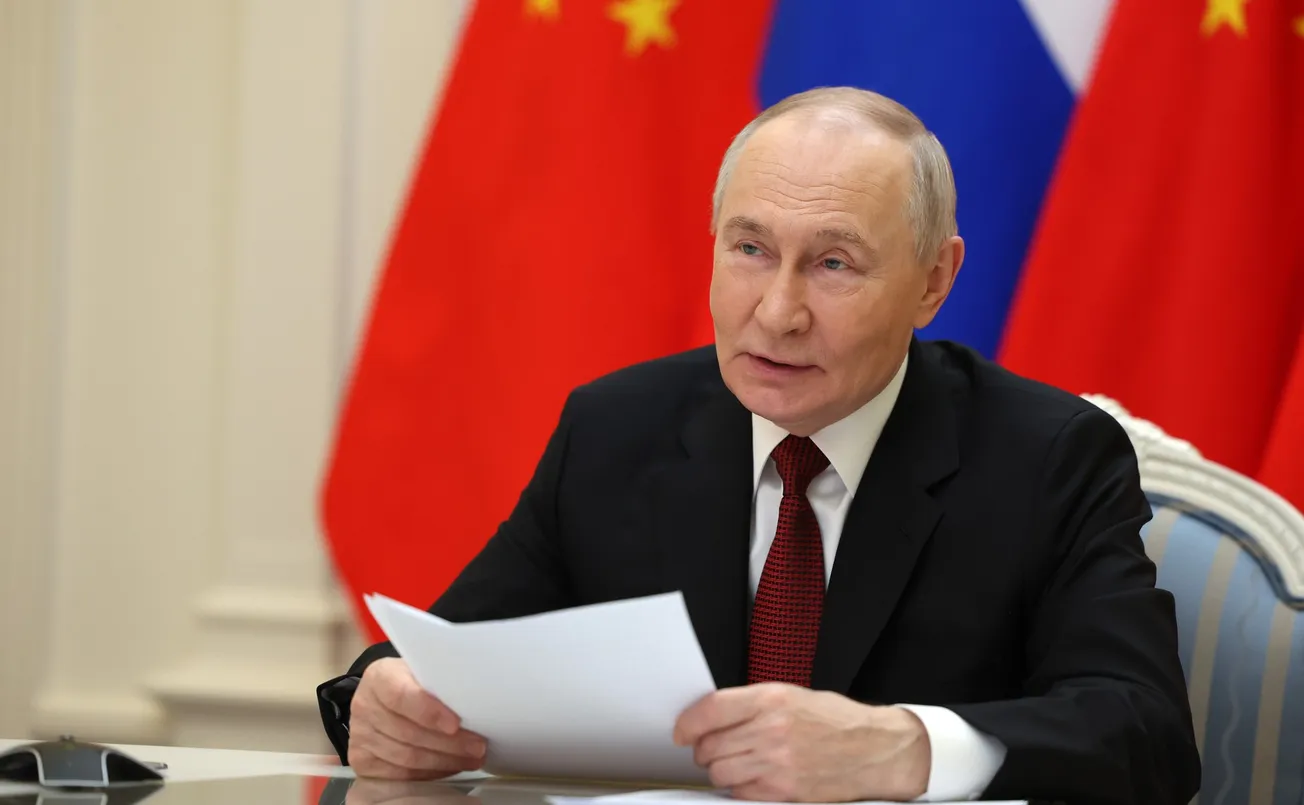China, in its capacity as chair of the UN Security Council this month, has called a “High-Level Debate” for Tuesday, Feb. 18 to discuss how to strengthen and improve the practice of multilateralism, international law and the United Nations going forward in this period of turbulence and changes. The choice of a “High-Level Debate” format, which Foreign Minister Wang Yi will personally chair, demonstrates the importance China gives this subject; in this format, all member states, not just those on the Security Council at that time, are invited to present their ideas.
“This year marks the 80th anniversary of the victory of the World Anti-Fascist War and the 80th anniversary of the United Nations. This is an important occasion to be commemorated by all and a historical juncture of taking stock of the past and envisioning the future. This high-level open debate at China’s initiative will revisit the founding mission of the UN, draw a blueprint for a better future and herald the beginning of a series of events in commemoration of the 80th anniversary of the UN,” Chinese Foreign Minister Press Spokesman Guo Jiakun told reporters on Feb. 10. Reforming and improving global governance is “the call of our times and the shared responsibility of countries.”
The “Concept Note” issued by the Foreign Ministry elaborates China’s thinking.
“After the catastrophe of the two World Wars, the then world leaders, upholding the mission of ‘saving succeeding generations from the scourge of war and untold sorrow,’ built an international system with the United Nations at its core, marking an important first step towards modern multilateralism.” The UN has been dedicated to that mission of peace, but today, “the number of conflicts has hit a new high. Almost 100 countries are now involved, to varying degrees, in conflicts, leading to over 95 million people displaced. The military use of emerging technologies is radically changing the form of war. Means of warfare once deemed unthinkable are now becoming options on the table. The risk of military confrontation keeps growing,” it states.
Among the guiding questions suggested for the debate is: “how to help developing countries narrow the development divide … enhance the capacity for dealing with various global challenges, and realize common development and lasting peace?”





